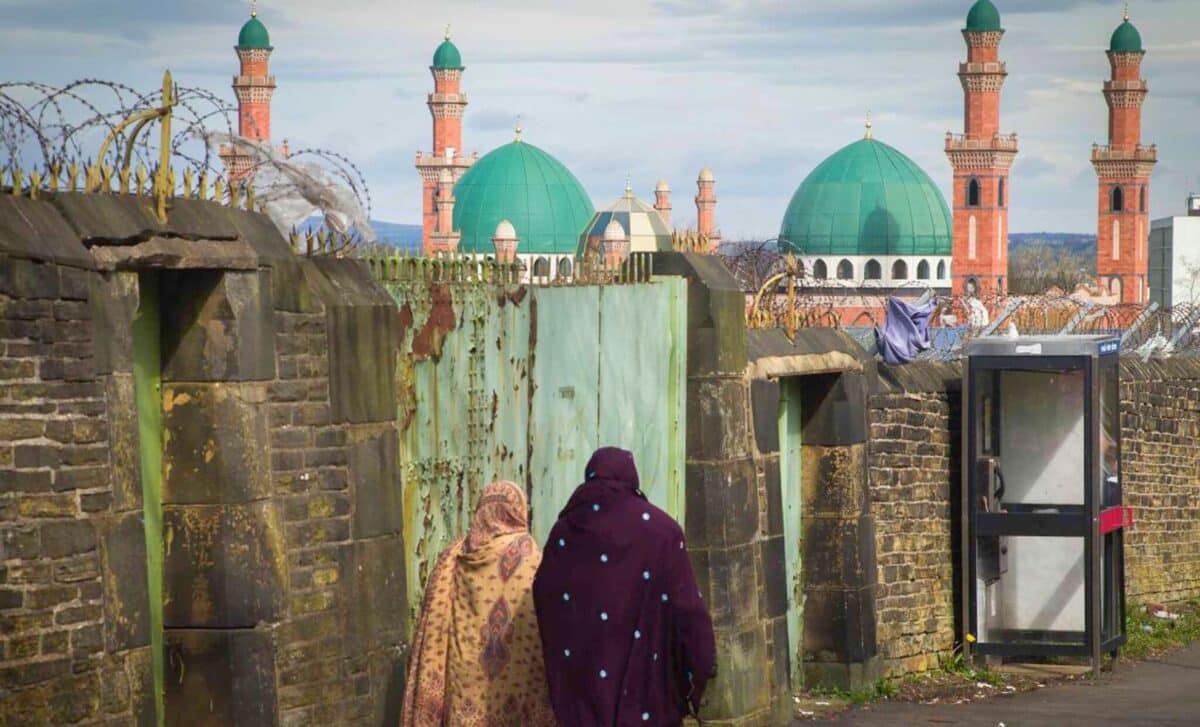The British government has announced a package of £117 million over four years to protect Muslim worship sites and community centres in response to a rise in Islamophobic hate crimes.
The funding will be used to install security infrastructure, such as cameras, alarms, and fencing, at mosques, Muslim faith schools, and other at-risk locations.
The announcement comes as the Muslim holy month of Ramadan begins and amid a sharp rise in anti-Muslim incidents. According to Tell MAMA, a group that monitors anti-Muslim hate, there has been an increase of over 300% in the number of online attacks, physical assaults and other forms of harassment targeting Muslims over the last month when compared to the same period last year.
“Anti-Muslim hatred has absolutely no place in our society. We will not let events in the Middle East be used as an excuse to justify abuse against British Muslims.” said Home Secretary James Cleverly.
However, PM Sunak was criticised for failing to condemn anti-Muslim rhetoric by members of his own Conservative party. Back in February, Conservative MP Lee Anderson claimed that London Mayor Sadiq Khan and Labour leader Keir Starmer were controlled by Islamists.
Although Mr Sunak called Mr Anderson’s comments “unacceptable” and suspended him, critics argue that Mr Sunak did not specifically denounce the remarks as Islamophobic. Similarly, former Home Secretary Suella Braverman wrote that “Islamists are trying to force Britain into submission”.
Muslim Communities in the UK : Critics Urge More to Be Done
Some critics argue that the government needs to do more to address the root causes of Islamophobia. In particular, the Prime Minister has faced backlash for failing to condemn inflammatory comments made by members of his own Conservative Party.
Communities Secretary Michael Gove said that some recent pro-Palestinian marches had been organised by ‘extremist organisations’, while Conservative MP Lee Anderson claimed that the Mayor of London and the Labour leader were ‘controlled by Islamists’.
Redefining Extremism
The government intends to release an official definition of extremism to prevent groups that promote unacceptable views from receiving state funding or support. However, the broad language used by officials to describe pro-Palestinian groups has raised concerns that the definition might be misused to restrict free speech.
Tightening security measures may provide short-term reassurance, but truly tackling anti-Muslim hate requires political will and a multipronged approach. The task of both defining extremism and tackling inflammatory rhetoric is complex and requires a nuanced balance between civil liberties and security.









